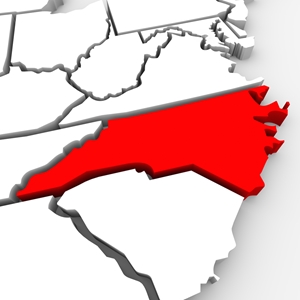In accordance with the North Carolina Standard Course of Study, students in the state must take End-Of-Grade tests between 3rd and 8th grade. This testing provides schools, parents and students with valuable information about learning and teaching. Read on to learn more:
What are North Carolina EOG tests?
These exams occur at the end of the school year. For students in grades 3 through 8, the tests cover mathematics and reading comprehension. Those in grades 5 through 8 also take EOG tests in science. Any students who have individualized learning plans, receive special education assistance or are English language learners may take the NCExtend tests in lieu of the regular exams. The tests include multiple choice questions with lettered options or numbers that represent the decimal place of the correct numbered answer. Your students' teachers will go over answer sheets thoroughly before the tests begin to ensure everyone understands how to fill out the grid. Scores range from 1 to 4, and students who earn a 3 or above are considered proficient or advanced.
Why are the exams important?
Great Schools noted that the DOE evaluates North Carolina schools on an ABCs Accountability Program. Most individual schools in the state receive a grade based off its standardized test scores, growth and Annual Measurable Objectives, such as items a specific school is trying to approve upon like attendance. This allows the State Board of Education to see which areas could use extra assistance or need updates to better promote student and teacher success. Each student's score is a part of this grade, so working toward 3s and 4s on the testing is important. These numbers also show if a student is ready to move on to the next grade level and can indicate what changes teachers need to make to better prepare their classes for the upcoming year.
How can parents help their kids prepare?
Educators create their yearly curricula with the NC Standard Course of Study in mind. This helps them focus their teaching around information and topics students will face when the time comes for the EOG tests. Students should do their daily homework and bigger projects as well as study for quizzes and tests. The grades individuals earn on math, reading and science during the year may show that they are on par with standards for their grade levels or that they need some extra help before the EOG exams. To prepare for the actual exams, try practice tests. These mock EOGs offer versions of questions your kids may face come the end of the year.


